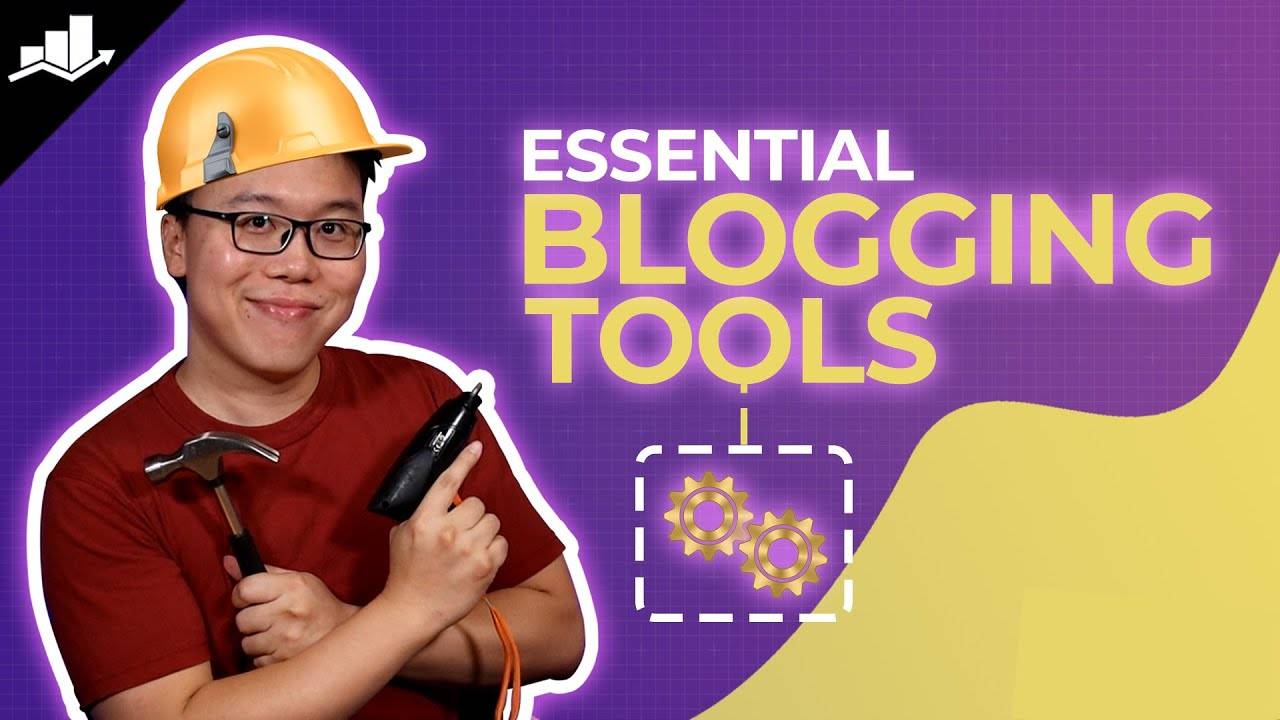Essential Tools Every Beginner
Blogger Needs to Succeed
Starting a blog is an exciting
journey, but without the right tools, even the most creative bloggers can find
themselves overwhelmed. As blogging becomes more competitive and digital trends
continue to evolve, beginner bloggers must equip themselves with tools that
help streamline their work, enhance content quality, and grow their audience
efficiently. Whether writing for passion or profit, having access to essential
blogging tools is a game changer for anyone hoping to succeed in the blogging
world.
One of the first tools every
beginner blogger should consider is a reliable content management system. WordPress
remains the most widely used blogging platform because of its flexibility, ease
of use, and large library of themes and plugins. For those who prefer simpler
interfaces, platforms like Wix or Blogger are also worth exploring. These tools
make publishing and organizing blog posts straightforward, even for users
without coding experience.
Writing tools are another critical
part of a blogger’s toolkit. Clear, error-free writing is essential for
building trust with readers and maintaining a professional voice. Tools such as
Grammarly and Hemingway Editor help bloggers check for grammar, spelling, and
readability issues. Grammarly offers real-time suggestions that improve
sentence structure and tone, while Hemingway focuses on clarity by highlighting
passive voice and complex phrases. Using either tool regularly can sharpen a
blogger’s writing and ensure that every post is polished and engaging.
Keyword research is a must for
bloggers who want to increase their visibility on search engines. Tools like
Google Keyword Planner, Ubersuggest, and AnswerThePublic help bloggers discover
what their audience is searching for. These tools allow users to find keywords
that are relevant to their niche, understand the level of competition, and
identify content gaps. Including the right keywords in blog titles, headers,
and content can significantly boost a blog’s ranking on Google, leading to more
traffic over time.
In addition to keyword research,
search engine optimization tools such as Yoast SEO for WordPress or Rank Math
help bloggers implement on-page SEO strategies. These tools guide users in
optimizing their posts by providing feedback on keyword usage, meta
descriptions, readability, and internal linking. Having SEO in mind from the
start not only improves a blog’s chances of being found online but also
enhances the overall user experience.
For bloggers who want to create
eye-catching visuals, graphic design tools play an essential role. Canva is a
favorite among beginners because of its drag-and-drop interface and wide range
of free templates. Bloggers can use it to design featured images, social media
graphics, infographics, and even digital products like eBooks or checklists.
High-quality visuals attract readers, encourage sharing, and make blog posts
more engaging.
Social media management tools help
bloggers maintain a consistent online presence. Platforms like Buffer,
Hootsuite, and Later allow bloggers to schedule posts, track engagement, and
manage multiple accounts from one dashboard. These tools are especially useful
for promoting blog content across channels like Facebook, Instagram, X
(formerly Twitter), and LinkedIn. Scheduling tools also save time by automating
repetitive tasks, allowing bloggers to focus more on creating valuable content.
Email marketing remains one of the
most effective ways to build a loyal audience. Services like Mailchimp,
ConvertKit, and MailerLite allow bloggers to collect email subscribers, send
newsletters, and automate campaigns. With email marketing, bloggers can keep
their readers updated, promote new posts, and share exclusive content. It’s a
powerful tool for driving repeat traffic to a blog and building deeper
connections with readers.
Analytics tools are essential for
tracking blog performance. Google Analytics helps bloggers understand who their
audience is, how they interact with content, and which posts are performing
best. Insights such as bounce rate, session duration, and traffic sources allow
bloggers to make informed decisions about their content strategy. Regularly checking
analytics helps identify what works and what needs improvement, ensuring the
blog continues to grow.
Time management and productivity
tools can also benefit beginner bloggers, especially those juggling blogging
with other responsibilities. Applications like Trello and Notion help with
content planning and organization. Trello’s board system makes it easy to track
the progress of blog posts, while Notion offers templates for editorial
calendars, to-do lists, and idea storage. These tools help bloggers stay
organized and consistent, both of which are key to long-term success.
For bloggers interested in
monetizing their content, affiliate marketing tools offer valuable
opportunities. Platforms like ShareASale, Amazon Associates, and Impact allow
bloggers to join affiliate programs and earn commissions by promoting products
or services. By integrating affiliate links into their posts naturally and
ethically, bloggers can generate income while still providing useful
recommendations to their readers.
Those who offer digital products or
services may benefit from e-commerce tools. Gumroad, Payhip, and Selar are
popular platforms that let bloggers sell eBooks, courses, templates, or
consultations directly from their blog. These tools handle payment processing,
file delivery, and customer management, making it easy for creators to monetize
their knowledge.
Lastly, community-building tools
help bloggers interact more meaningfully with their readers. Comment systems
like Disqus enhance engagement on blog posts, while platforms like Discord or
Telegram can be used to create private groups or discussions around a blog’s
topic. Building a sense of community encourages readers to return and builds a
stronger bond between the blogger and their audience.
The blogging journey can be smoother
and more rewarding when equipped with the right tools. With platforms for
writing, SEO, graphics, email marketing, analytics, and monetization, beginners
can build a solid blogging foundation that supports their goals. These tools
help bloggers save time, improve quality, and create a better experience for
their readers, setting them on a path to growth and sustainability in the
ever-evolving world of content creation.


